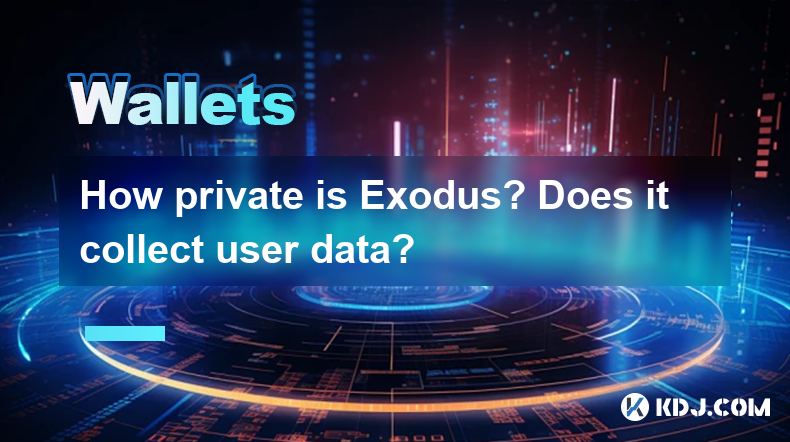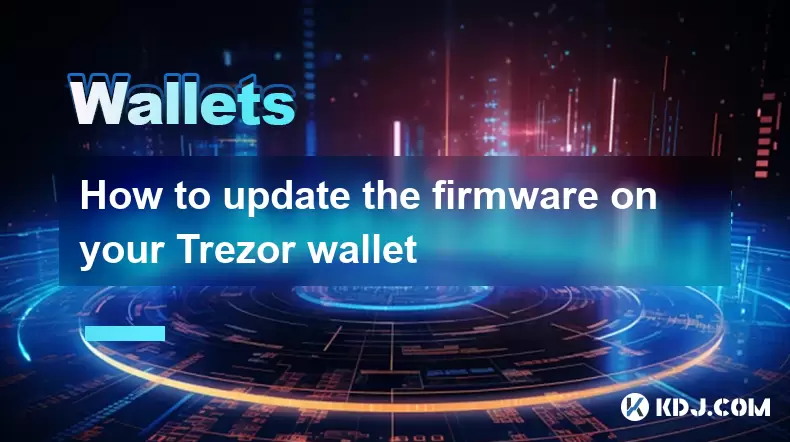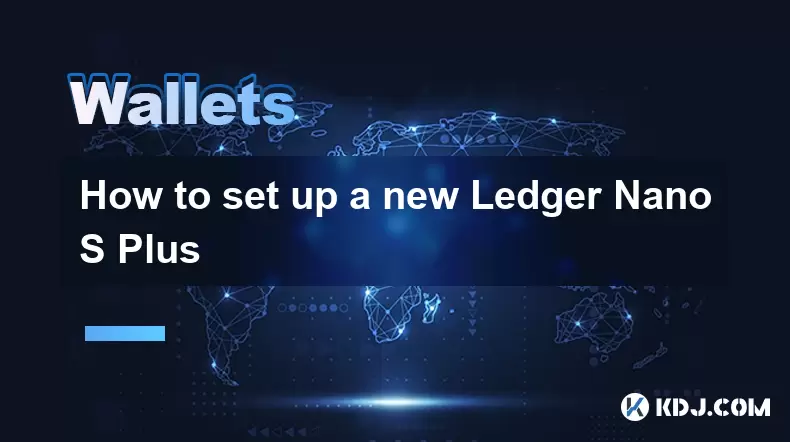-
 Bitcoin
Bitcoin $116300
2.01% -
 Ethereum
Ethereum $3815
5.35% -
 XRP
XRP $3.071
4.46% -
 Tether USDt
Tether USDt $1.000
0.02% -
 BNB
BNB $776.2
1.67% -
 Solana
Solana $173.0
5.70% -
 USDC
USDC $0.9999
0.00% -
 TRON
TRON $0.3389
1.14% -
 Dogecoin
Dogecoin $0.2125
5.92% -
 Cardano
Cardano $0.7627
5.16% -
 Hyperliquid
Hyperliquid $39.00
4.42% -
 Stellar
Stellar $0.4122
5.07% -
 Sui
Sui $3.654
7.22% -
 Chainlink
Chainlink $17.31
5.47% -
 Bitcoin Cash
Bitcoin Cash $582.2
4.28% -
 Hedera
Hedera $0.2521
3.53% -
 Ethena USDe
Ethena USDe $1.001
0.01% -
 Avalanche
Avalanche $22.77
3.47% -
 Litecoin
Litecoin $119.6
2.53% -
 UNUS SED LEO
UNUS SED LEO $8.944
-0.49% -
 Toncoin
Toncoin $3.288
3.95% -
 Shiba Inu
Shiba Inu $0.00001261
3.78% -
 Uniswap
Uniswap $10.12
5.80% -
 Polkadot
Polkadot $3.761
4.23% -
 Dai
Dai $1.000
-0.01% -
 Monero
Monero $285.1
-2.37% -
 Bitget Token
Bitget Token $4.387
1.43% -
 Cronos
Cronos $0.1476
5.88% -
 Pepe
Pepe $0.00001080
4.75% -
 Ethena
Ethena $0.6374
11.58%
How private is Exodus? Does it collect user data?
Exodus prioritizes user privacy with minimal data collection, no account creation, and robust security measures, ensuring data is used to enhance services and not shared for marketing.
May 03, 2025 at 01:49 am

How Private is Exodus? Does it Collect User Data?
Exodus is a popular cryptocurrency wallet that prides itself on its user-friendly interface and robust features. However, when it comes to privacy and data collection, many users are curious about how private Exodus really is and whether it collects user data. In this article, we will delve into the privacy policies and practices of Exodus to provide a comprehensive understanding of its approach to user data.
Exodus's Privacy Policy Overview
Exodus's privacy policy is designed to be transparent and straightforward. According to their official documentation, Exodus is committed to protecting user privacy and does not sell or share personal information with third parties for marketing purposes. The policy outlines what data is collected, how it is used, and the measures taken to ensure user data remains private.
What Data Does Exodus Collect?
Exodus collects minimal data to provide and improve its services. The types of data collected include:
- Device Information: This includes details about the device used to access Exodus, such as the operating system and device model.
- Usage Data: This encompasses information on how users interact with the wallet, including features used and transaction history.
- Crash Reports: In the event of a crash, Exodus may collect data to diagnose and fix issues.
It's important to note that Exodus does not require users to create an account, which means no personal information like names or email addresses is collected during the setup process.
How Does Exodus Use Collected Data?
The data collected by Exodus is used primarily to enhance user experience and improve the functionality of the wallet. Here's how the data is utilized:
- Improving Services: Usage data helps Exodus understand how users interact with the wallet, allowing them to make improvements and add new features.
- Troubleshooting: Crash reports are used to identify and resolve technical issues, ensuring a smoother user experience.
- Security: Device information can help in detecting and preventing fraudulent activities.
Exodus emphasizes that the data collected is anonymized and used in aggregate form, meaning individual users cannot be identified from the data.
Does Exodus Share User Data?
Exodus is clear in its policy that it does not sell or share user data with third parties for marketing purposes. However, there are certain circumstances under which data may be shared:
- Legal Compliance: Exodus may share data if required by law or to comply with a legal process.
- Service Providers: Data may be shared with third-party service providers who assist in operating the wallet, such as cloud storage providers. These providers are bound by confidentiality agreements.
- Business Transfers: In the event of a merger, acquisition, or sale of assets, user data may be transferred to the new entity.
Security Measures to Protect User Data
Exodus takes several security measures to protect user data:
- Encryption: All data transmitted between the user's device and Exodus's servers is encrypted.
- Secure Storage: Data is stored securely on servers with robust security protocols.
- Access Control: Only authorized personnel have access to user data, and access is strictly monitored.
These measures are designed to ensure that user data remains private and secure.
User Control Over Data
Exodus provides users with control over their data. Users can:
- Opt-Out of Data Collection: Users can opt-out of certain data collection practices, such as crash reporting, through the settings in the wallet.
- Delete Data: Users can request the deletion of their data by contacting Exodus support.
This level of control allows users to manage their privacy preferences according to their comfort level.
Exodus's Commitment to Privacy
Exodus's commitment to privacy is evident in its transparent privacy policy and the minimal data collection practices. The wallet's design, which does not require account creation, further underscores its focus on user privacy. By providing users with control over their data and implementing robust security measures, Exodus strives to maintain a high standard of privacy for its users.
Frequently Asked Questions
Q: Can I use Exodus anonymously?
A: Yes, you can use Exodus anonymously. Since Exodus does not require users to create an account, you can use the wallet without providing any personal information.
Q: Does Exodus track my IP address?
A: Exodus does not explicitly state that it tracks IP addresses in its privacy policy. However, like any online service, your IP address may be logged by servers when you connect to them.
Q: How can I contact Exodus if I have privacy concerns?
A: You can contact Exodus support through their official website. They have a dedicated support team that can address any privacy concerns or questions you may have.
Q: Is Exodus compliant with GDPR?
A: Exodus's privacy policy aligns with the principles of GDPR, focusing on transparency, user control, and data protection. However, for specific compliance details, it's best to refer to their official documentation or contact their support team.
Disclaimer:info@kdj.com
The information provided is not trading advice. kdj.com does not assume any responsibility for any investments made based on the information provided in this article. Cryptocurrencies are highly volatile and it is highly recommended that you invest with caution after thorough research!
If you believe that the content used on this website infringes your copyright, please contact us immediately (info@kdj.com) and we will delete it promptly.
- BlockchainFX, Bitcoin Swift, Crypto Presales: What's the Hype?
- 2025-08-07 19:10:13
- SHIB Community at Crossroads: Shytoshi Kusama's Leadership Under Scrutiny as Elections Loom
- 2025-08-07 18:30:13
- IREN Overtakes: A New King in the Bitcoin Miner Hashrate Race?
- 2025-08-07 16:31:29
- Memecoins Mania: Whales Eye Pepe Dollar (PEPD) as Bonk Cools Off, While MoonBull Hogs the Spotlight!
- 2025-08-07 16:51:17
- Unilabs, PEPE, and Investment Risk: Navigating the Crypto Hype
- 2025-08-07 16:31:29
- Meme Coin Mania: Rug Pulls, CZ-Inspired Tokens, and the Wild West of Crypto
- 2025-08-07 16:57:14
Related knowledge

How to add Fantom network to MetaMask
Aug 07,2025 at 08:21am
Understanding the Fantom Network and MetaMask IntegrationThe Fantom network is a high-performance, scalable, and secure blockchain platform designed f...

How to update the firmware on your Trezor wallet
Aug 07,2025 at 05:00pm
Understanding the Role of Staking in Cryptocurrency EcosystemsStaking has become a fundamental component of many blockchain networks that operate unde...

How to export your transaction history from Coinbase Wallet
Aug 07,2025 at 06:50am
Understanding Coinbase Wallet and Transaction HistoryCoinbase Wallet is a self-custodial cryptocurrency wallet that allows users to store, manage, and...

How to export your transaction history from Coinbase Wallet
Aug 07,2025 at 08:49am
Understanding Coinbase Wallet and Transaction HistoryCoinbase Wallet is a self-custodial cryptocurrency wallet that allows users to store, manage, and...

How to avoid crypto wallet scams
Aug 07,2025 at 02:21pm
Understanding Common Types of Crypto Wallet ScamsCrypto wallet scams come in various forms, each designed to exploit user trust, technical ignorance, ...

How to set up a new Ledger Nano S Plus
Aug 07,2025 at 06:01am
Unboxing and Initial InspectionWhen you receive your Ledger Nano S Plus, begin by carefully unboxing the package. Inside, you should find the Ledger N...

How to add Fantom network to MetaMask
Aug 07,2025 at 08:21am
Understanding the Fantom Network and MetaMask IntegrationThe Fantom network is a high-performance, scalable, and secure blockchain platform designed f...

How to update the firmware on your Trezor wallet
Aug 07,2025 at 05:00pm
Understanding the Role of Staking in Cryptocurrency EcosystemsStaking has become a fundamental component of many blockchain networks that operate unde...

How to export your transaction history from Coinbase Wallet
Aug 07,2025 at 06:50am
Understanding Coinbase Wallet and Transaction HistoryCoinbase Wallet is a self-custodial cryptocurrency wallet that allows users to store, manage, and...

How to export your transaction history from Coinbase Wallet
Aug 07,2025 at 08:49am
Understanding Coinbase Wallet and Transaction HistoryCoinbase Wallet is a self-custodial cryptocurrency wallet that allows users to store, manage, and...

How to avoid crypto wallet scams
Aug 07,2025 at 02:21pm
Understanding Common Types of Crypto Wallet ScamsCrypto wallet scams come in various forms, each designed to exploit user trust, technical ignorance, ...

How to set up a new Ledger Nano S Plus
Aug 07,2025 at 06:01am
Unboxing and Initial InspectionWhen you receive your Ledger Nano S Plus, begin by carefully unboxing the package. Inside, you should find the Ledger N...
See all articles

























































































